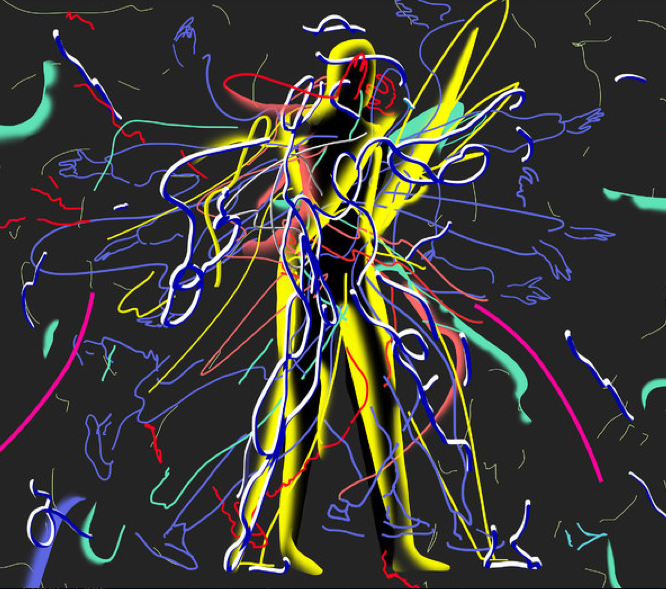In Parkinson’s, the circuitry in a tiny region of the brain called the basal ganglia becomes dysfunctional. Along with the cerebellum, the basal ganglia normally acts as a kind of adviser that helps people learn adaptive skills by classic conditioning — rewarding good results with dopaminebursts and punishing errors by withholding the chemical. Babies rely on the basal ganglia to learn how to deploy their muscles to reach, grab, babble and crawl, and later to accomplish many complex tasks without thinking. For example, when a tennis player practices a stroke over and over again, the basal ganglia circuitry both rewards and “learns” the correct sequence of activities to produce, say, a good backhand drive automatically.
But this brain circuit has a vulnerability: It depends on dopamine. When the production of dopamine is interrupted, as it is with Parkinson’s, the signals passing through the basal ganglia are garbled, and it ends up giving poor advice. Corrupted signals pass to other brain regions such as the thalamus (which relays sensory and motor data) and the cortex (which is responsible for many higher functions such as language and consciousness). These bad signals disrupt communication between the brain and the muscles. This is one reason people with Parkinson’s have trouble picking up small objects and moving around fluently: Their motions are too hesitant, too small, too slow, too rigid, too shaky, too feeble and badly timed. These are symptoms of a brain in conflict with itself.
Having Parkinson’s feels a bit like going on vacation in another country and having to drive on the “wrong” side of the road. Driving is one of those activities that we outsource, in large part, to the basal ganglia. When an American, who has spent thousands of hours driving on the right side of the street, tries to drive in England, his learned habits are a liability. To compensate, he must invoke the deliberate and goal-directed part of his brain — the cortex — to override the basal ganglia. The driving will be difficult, partly because the conscious brain is now doing all the work, but mainly because it’s having to compensate for signals from the basal ganglia that are inappropriate for the situation at hand.
Having Parkinson’s feels a bit like going on vacation in another country and having to drive on the “wrong” side of the road. Driving is one of those activities that we outsource, in large part, to the basal ganglia. When an American, who has spent thousands of hours driving on the right side of the street, tries to drive in England, his learned habits are a liability. To compensate, he must invoke the deliberate and goal-directed part of his brain — the cortex — to override the basal ganglia. The driving will be difficult, partly because the conscious brain is now doing all the work, but mainly because it’s having to compensate for signals from the basal ganglia that are inappropriate for the situation at hand.
But why is the production of dopamine interrupted in the first place?
That may come down to the behavior of a common protein called alpha-synuclein. This molecule’s importance for Parkinson’s was discovered over 20 years ago, when the New Jersey neuroscientist Lawrence Golbestumbled across two patients who were descendants of an extended family originally from the Italian village of Contursi. This family was cursed with a very rare genetic form of Parkinson’s; family members had a 50 percent chance of inheriting the disease. Subsequent research found that those affected carried a mutated gene on Chromosome 4 that coded for alpha-synuclein.
While Parkinson’s disease is not usually inherited like this, the discovery provided a vital clue about the way Parkinson’s typically worked. Most patients do not have this mutation, but they do, it turned out, have sticky deposits of alpha-synuclein inside their brains, found when they were examined post-mortem. This protein seems to be an integral part of the disease that affects all Parkinson’s patients.

nunca se me va a olvidar: "Having Parkinson’s feels a bit like going on vacation in another country and having to drive on the “wrong” side of the road."
ResponderEliminar